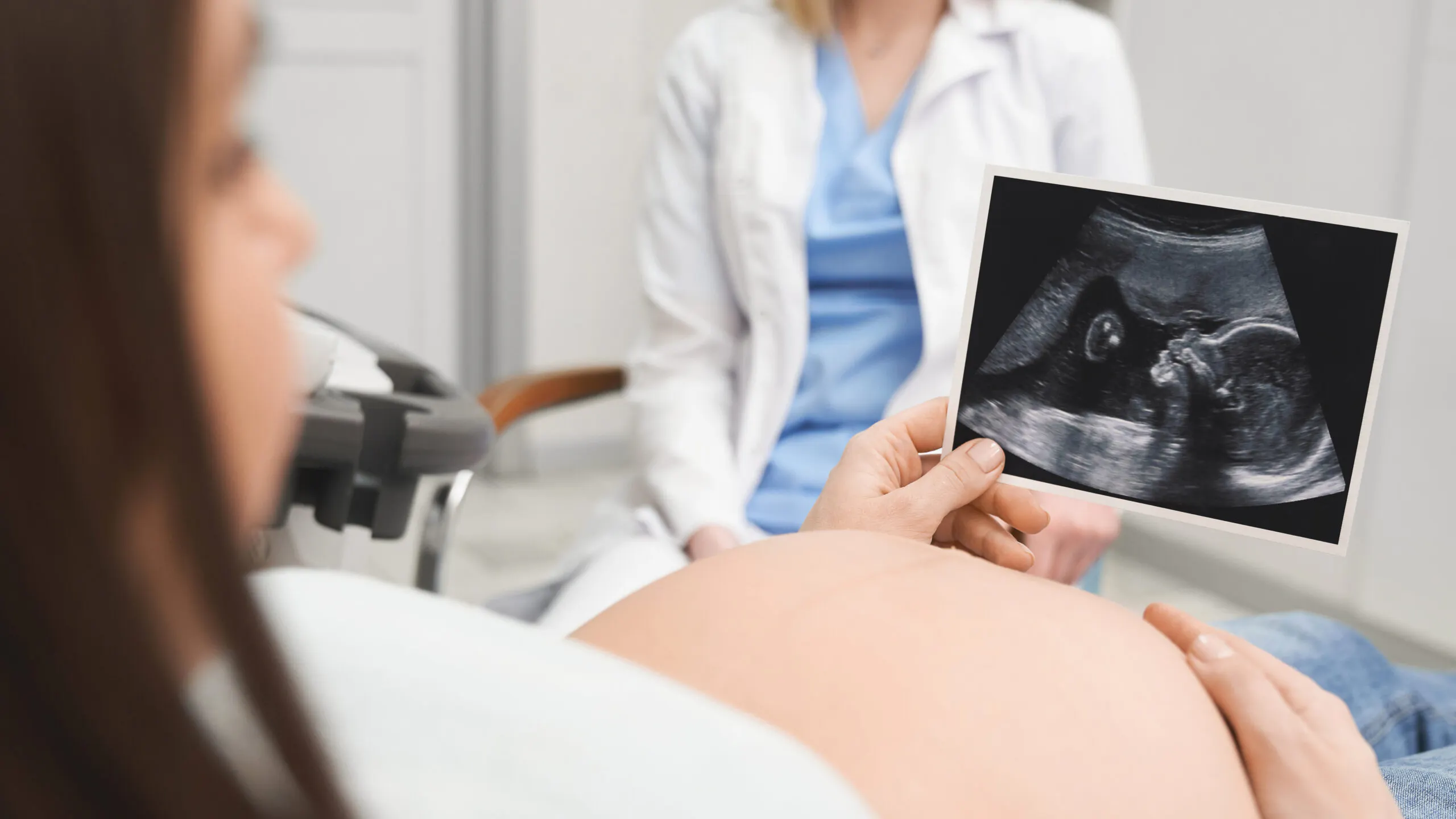Canadian researchers recently developed a deep-learning algorithm using Artificial Intelligence-based tools to identify and diagnose potentially fatal cysts on a baby during the first trimester of pregnancy.
Researchers out of the Ottawa Hospital have demonstrated such models can detect benign tumors that form a fluid-filled sac-like structure in the baby’s head and neck area known as cystic hygroma. The tumor blocks the lymphatic system, which causes fluid to build up underneath the skin that could result in a stillbirth or miscarriage.
However, the new proof-of-concept study introduced a novel application to automatically identify such tumors and help physicians limit the relevant fetal structures for clinical decision-making.
“What we demonstrated was that in the field of ultrasound,” Dr. Mark Walker at the University’s Faculty of Medicine said according to Insider Paper. “We’re able to use the same tools for image classification and identification with a high sensitivity and specificity.”
Walker said the ground-breaking experiment could apply to many other foetal anomalies identified by ultrasonography after further development, including large multi-site dataset testing and outside review.
Cystic hygroma affects approximately one in 800 pregnancies and one in 8,000 live births and is commonly associated with other chromosomal abnormalities such as Trisomy 21, Turner Syndrome, and anatomical malformations.
Pregnant women impacted by the condition would undergo extensive pre-and-post pregnancy management, like testing for an abnormal number of chromosomes.
Officials report investigating cystic hygroma is ideal for studying its feasibility by using deep-learning models to interpret ultrasound images.
Using a DenseNet model, researchers compared cases of the condition with over 300 ultrasound images from The Ottawa Hospital. The results indicated a 93 percent accuracy showing that deep-learning algorithms could detect cystic hygroma in the first trimester.
“The model was outstanding, even with a small number of training images,” Dr. Walker said according to Neuroscience News.
Dr. Walker and a team of researchers plan to create a worldwide association that would upload such images to a cloud that could assist doctors — specifically in low-and-middle income nations.
“This particular project is really meant to be the beginning of a large body of work,” says Dr. Walker. “We’ve got several papers to follow this one.”

.png)
.png)

